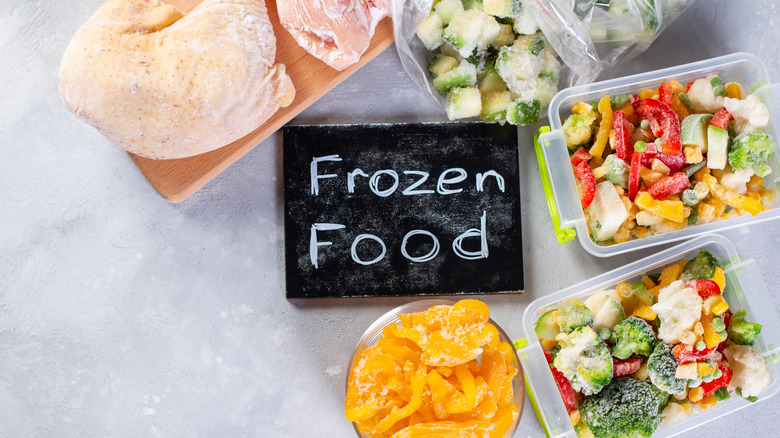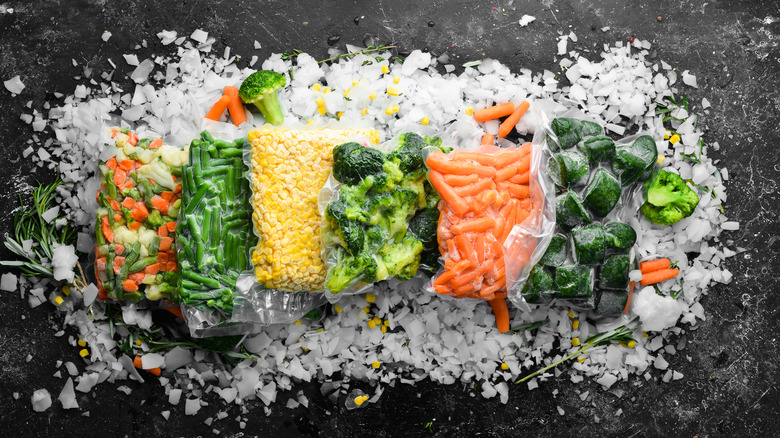Can You Refreeze Frozen Food?
While our ancestors mainly ate fresh food and used different methods of food preservation like freezing meat on the ice or drying foods in the sun, they were missing out on the heavenly convenience that a freezer provides. Life would've been a lot easier for them if they knew there are some frozen foods that almost never expire. You can feel free to say that freezers are a luxury for us when it comes to storing leftovers, ice creams, vegetables, ready-to-eat meals, or ice pops.
Since we are humans, we often get carried away using this technology and forget there are foods you shouldn't store in the freezer. We also make mistakes like refreezing thawed food without following safety guidelines. Pulling a frozen dinner out of the freezer to let it thaw meets forgetting about it for a few hours — this is the (unusual) story of our lives. It probably happened to you at least once during the Covid-19 pandemic when frozen food sales went up 21% in 2020 because consumers wanted foods with longer shelf lives (via Forbes).
So can you refreeze frozen food, and is it safe to do it? Yes and no, because it depends on how you do it. According to Bon Appétit, the biggest drawback of refreezing is that the food tends to become mushy.
How to safely refreeze frozen food
When it comes to refreezing defrosted foods, there are some dos and don'ts. It's important to know that you must ensure the frozen food is thawed safely. Instead of letting the food thaw on the counter, it is best to defrost it in the fridge because leaving the food in temperatures between 40 to 140 degrees Fahrenheit for too long can be dangerous, per the US Department of Agriculture's (USDA) Food Safety and Inspection Service. You could also try other thawing methods, such as using a microwave or cold water.
While refreezing vegetables and fruits can make them lose their texture and flavor, you must be more careful with meat. According to Healthline, you can safely refreeze meat several times only if you stored it properly in the freezer and it wasn't left out of the fridge for over two hours. It's best not to refreeze food items like ice cream, raw proteins (poultry, beef meat, seafood), juice concentrates, kinds of pasta, and stews (via The Kitchn).
In short, refreezing frozen food is perfectly safe if handled properly. If you have defrosted frozen food, repack it in a bigger airtight container before transferring it back into the freezer. Most importantly, remember that it's better to be safe than sorry. It is always best to discard frozen food left out for too long since there is a risk of food poisoning or other food-borne illnesses.

